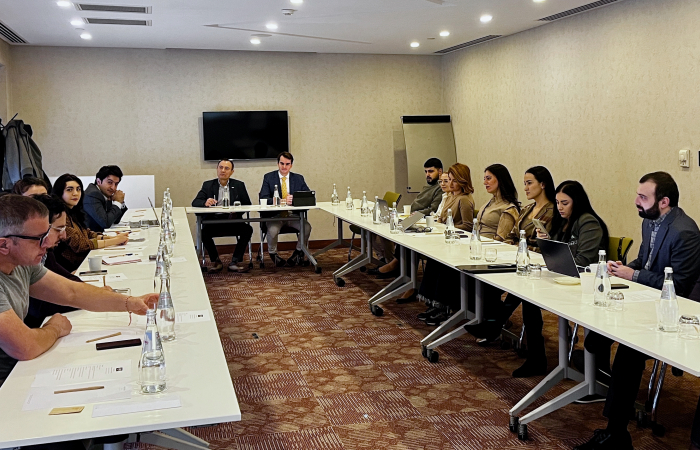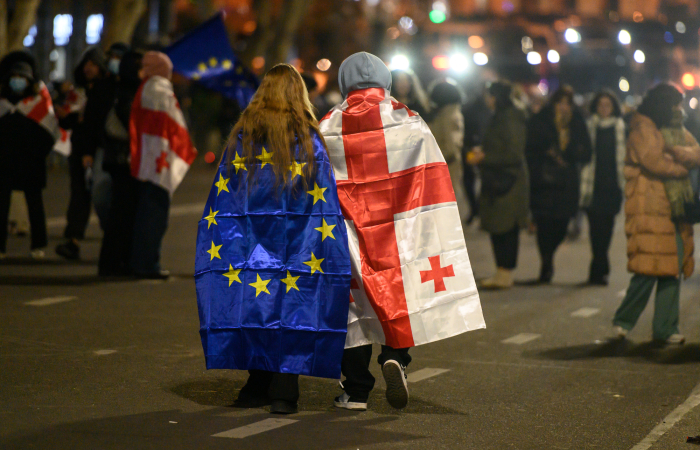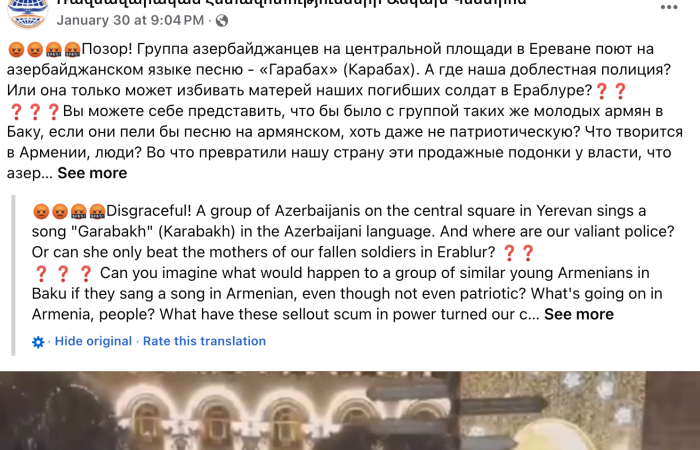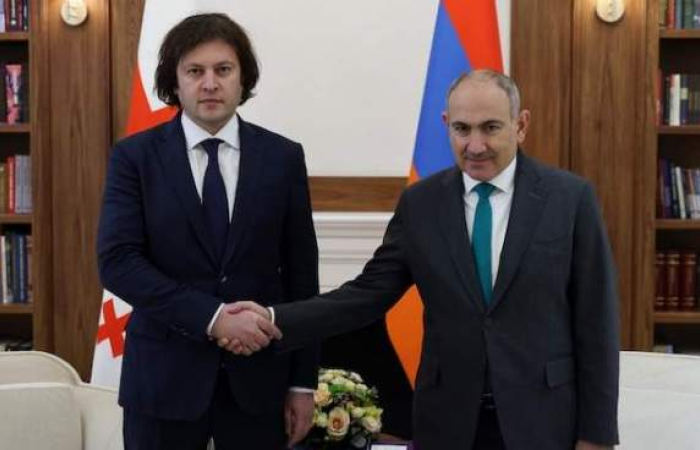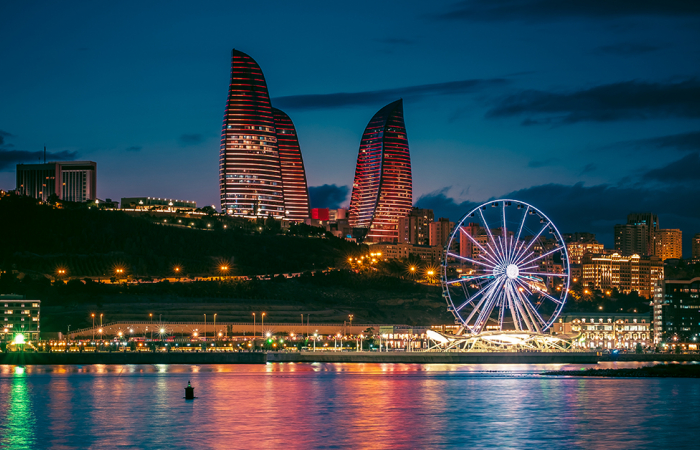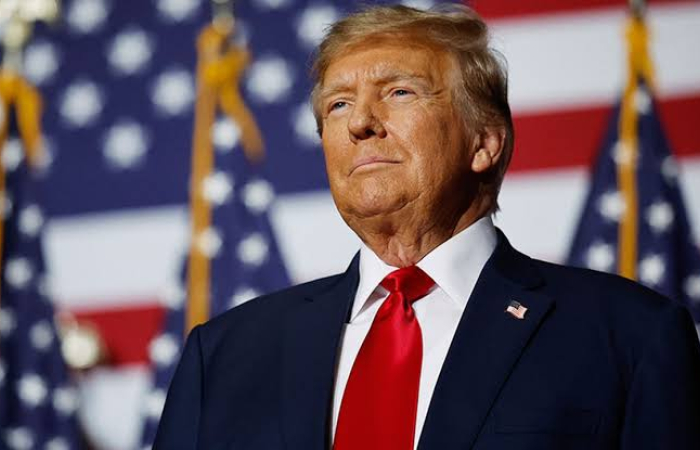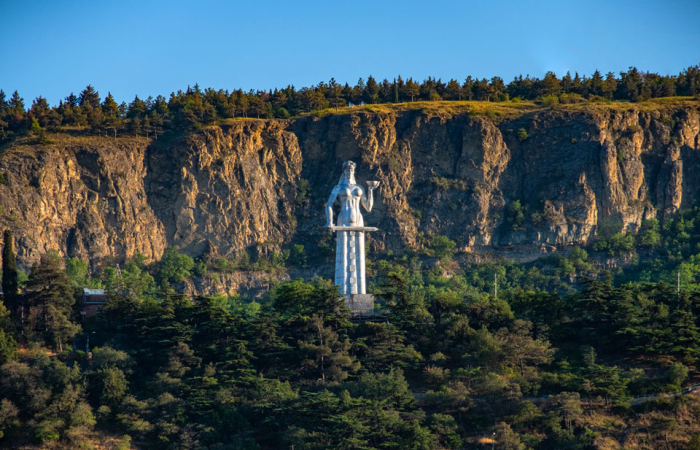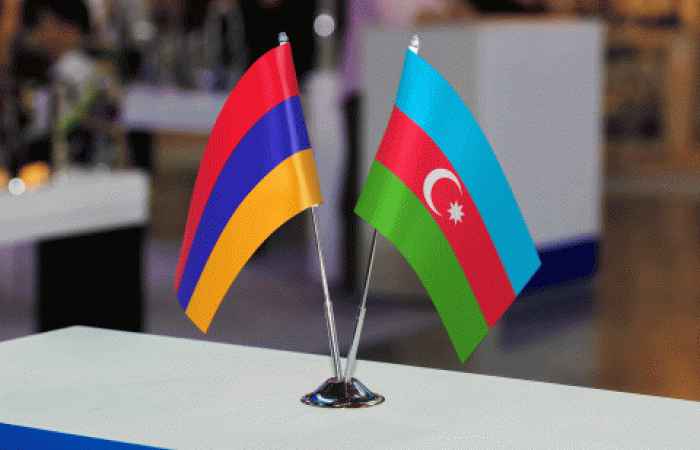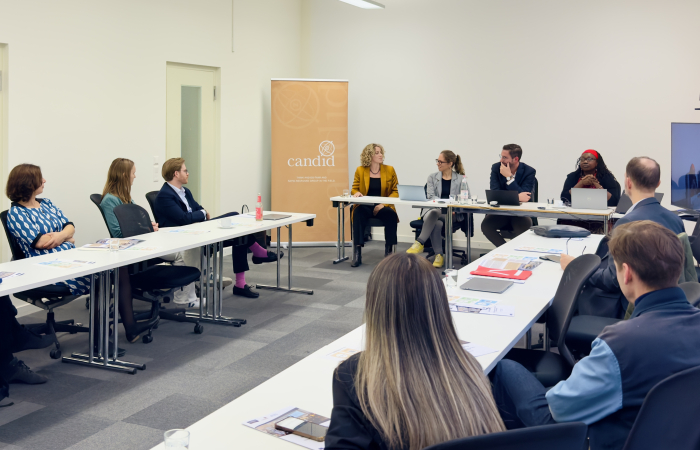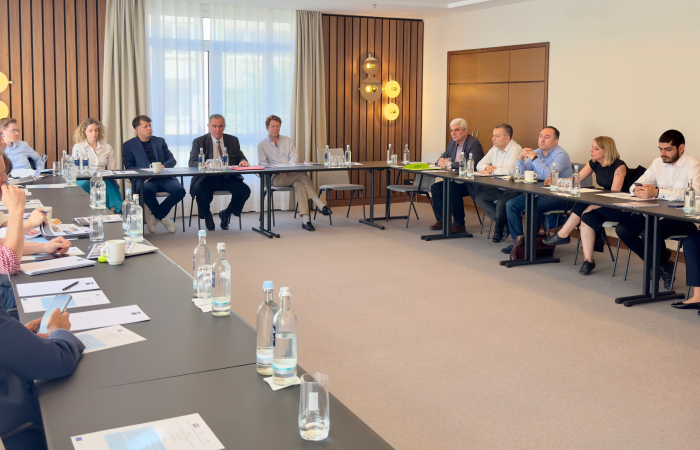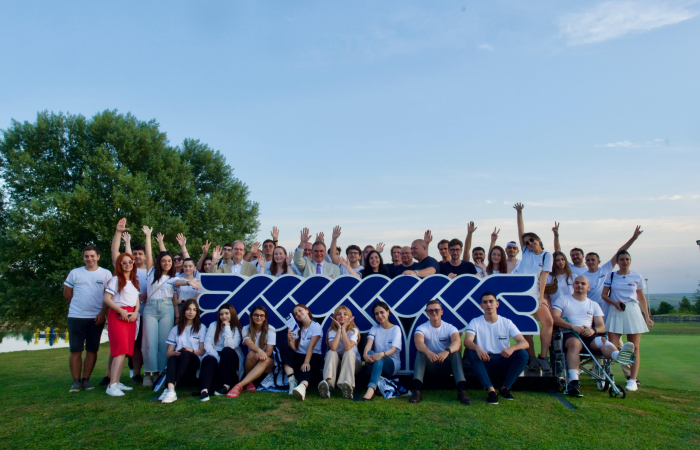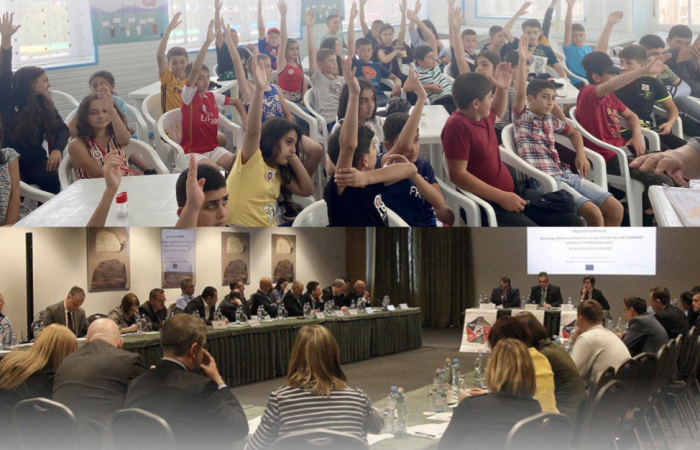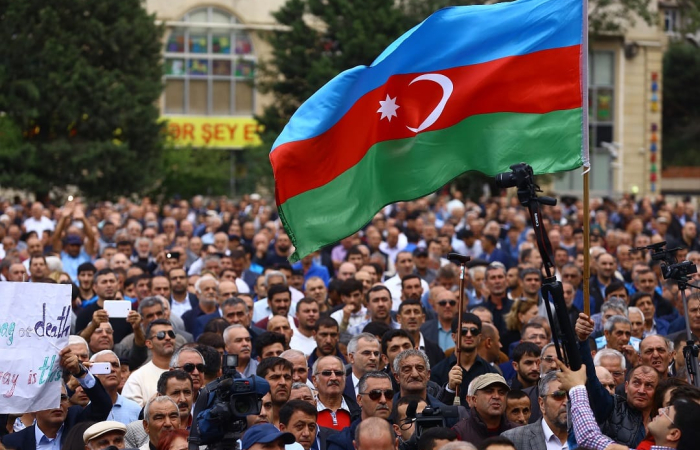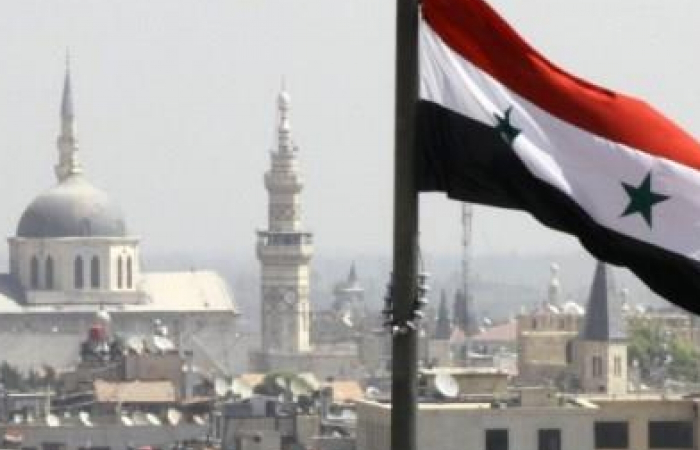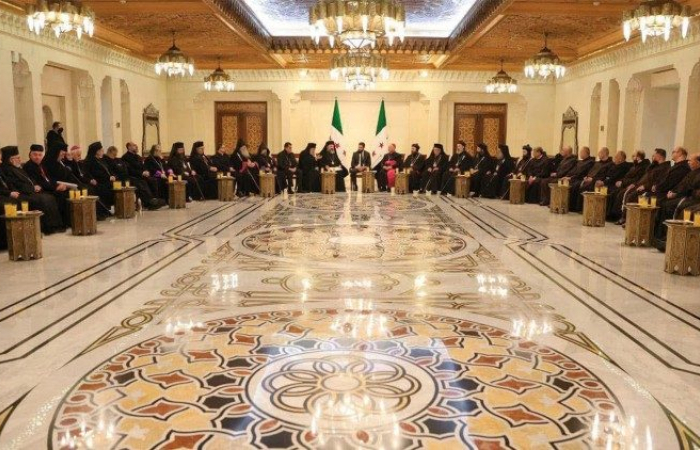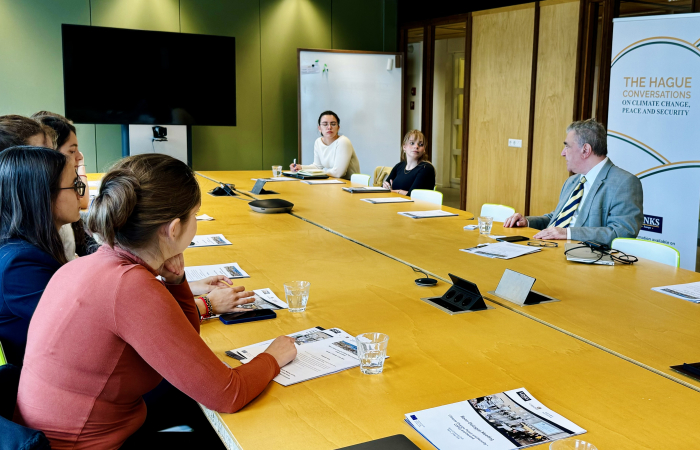- Musical Outcry in Yerevan Echoes Urgency of Armenia-Azerbaijan People-to-People Contact
- Georgian government plans tougher penalties for protesters
- Georgian police arrest anti-government protesters at pro-EU protest
- Georgian police arrest anti-government protesters at pro-EU demonstration
- Prime Ministers of Georgia and Armenia meet in Yerevan
- Armenians and Azerbaijanis discuss how to shape a dialogue best suited for today's realities as LINKS Europe kicks off new initiative
Focus on the South Caucasus
Voices - Opinion and analysis
Focus on Syria
Focus on NGOs
commonspace.eu is an activity of LINKS Europe, an independent foundation based in The Hague, The Netherlands. We focus on issues related to European peace and security, Europe's neighbouring regions, including Eastern Europe, the Caucasus and Central Asia; North Africa and the Sahel, the Horn of Africa and the Arabian Peninsula. LINKS Europe is committed to contributing to a better future by increasing understanding of complex foreign policy issues, by promoting dialogue and confidence-building as tools for helping to resolve conflict, and by engaging citizens in the process of building peace and security on the basis of solidarity and mutual respect. Through commonspace.eu, we aim to provide insights and analysis on different topics in our area of interest and a platform for diverse opinions.
Read LINKS Europe's work programme for the two-year period 2024-2025 here



